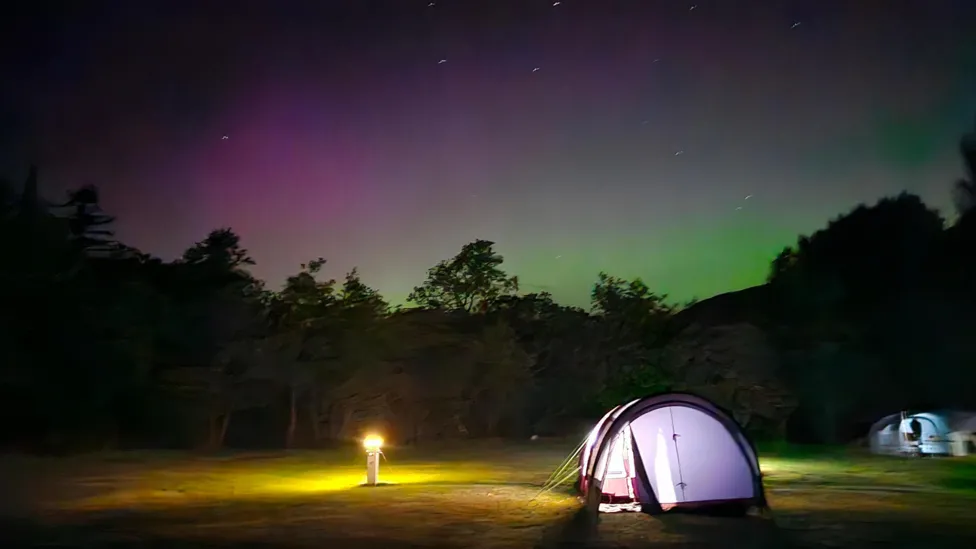Viva Technology • 14th May 2025
Viva Technology has unveiled the first edition of its “Top 100 Rising European Startups for 2025,” spotlighting the most promising young companies shaping Europe’s tech future. Germany, France, and the UK lead the ranking, which highlights high-growth startups across 13 countries. Artificial intelligence dominates the list, with 15 companies spanning AI agents, models, and infrastructure....

